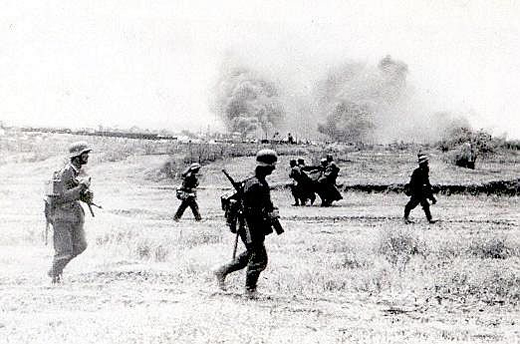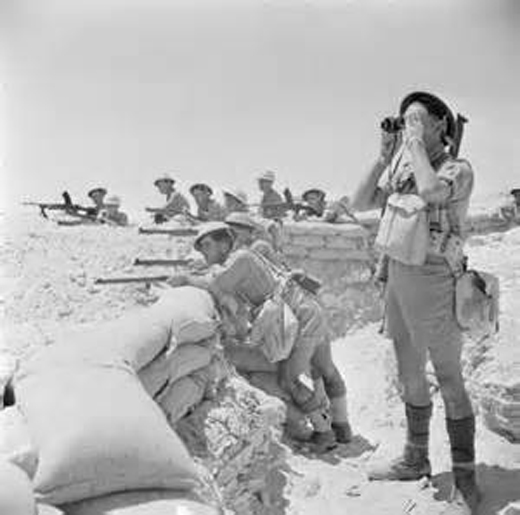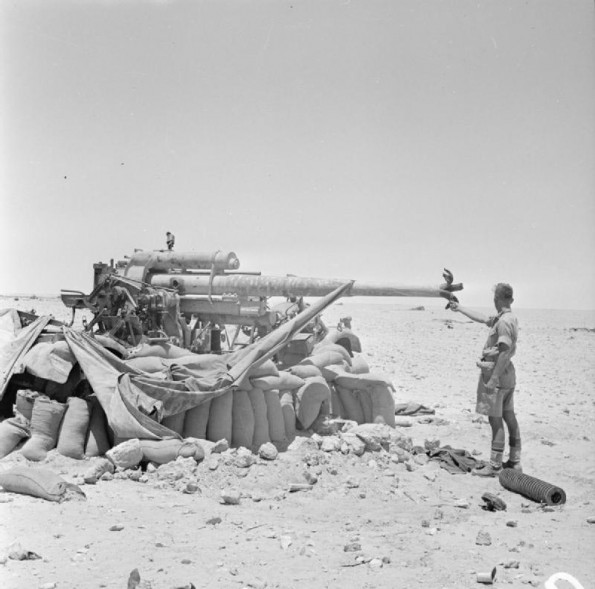Air Operations, Aleutians
3 28th Composite Bomb Group B-17s and 7 B-24s reconnoiter, photograph and attack land and shipping targets at Kiska. Japanese Navy fighters bring down 1 B-17.
[Air Operations, Europe
BOMBER COMMANDOn cloud-cover raids 9 Wellingtons are sent to Emden and 7 Wellingtons to Essen. Only 3 aircraft from the Essen force drop bombs and then machine-gun a convoy off the Dutch coast. Only near misses are achieved by the bombs, but there are no losses.
[Air Operations, Libya
USAFMEAF B-24s attack Benghazi harbor, and USAFMEAF B-17s attack Tobruk.
[Air Operations, New Guinea
5th Air Force B-17s from the Bismarcks attack the harbor at Rabaul.
[Allied Planning
Top US military leaders arrive in London to press the British for a limited cross-Channel invasion in 1942.
[Battle of the Atlantic
U-751 is seen on the surface by Whitley 'H' of No 502 Squadron. She is attacked with depth charges and then with anti-submarine bombs as she submerges. The submarine surfaced about a mile away and is spotted by Lancaster 'F' of No 61 squadron. A repeat attack is made by depth charges and anti-submarine bombs. The U-boat is seen to sink stern first.
| Class | Type VIIC |
| CO | Kapitänleutnant Gerhard Bigalk |
| Location | Atlantic, NW of Cape Ortegal |
| Cause | Air attack |
| Casualties | 44 |
| Survivors | None |
Diplomatic Relations
Churchill informs Stalin the British will no longer sail convoys along the northern route to Murmansk and Archangel because of the heavy losses suffered by PQ-17. Churchill tells the Soviet leader a continuation of the shipping efort 'would bring no benefit to you and would only involve dead loss to the common cause.' Stalin, of course, protests the cancellation of the shipping.
[Eastern Front
Hitler again interferes with the German dispositions. He fears that Army Group A will not be able to force its way across the Don, and therefore switches 4th Panzer(when?) Army to join these operations. Naturally Army Group B, deprived of its spearhead, now makes much slower progress. The Russians put up a desperate resistance on the Don in the Stalingrad area to give themselves time to prepare the defenses of the city. The Germans capture Voroshilovgrad, chief town of the Donets coalfield.
Germans Reach Stalingrad |
 |
The Soviets begin a series of attacks against the nect of the Demyansk salient. Bitter fighting rages for the remainder of the month.
[North Africa
Desperate counterattacks by the Italian Trieste and Pavia Divisions supported by the Afrika Korps halt a British advance around Miteirya Ridge southwest of the El Alamein perimeter. Axis losses are heavy.
|
|
Rommel sums up the situation: 'On that day the last German reserves were thrown into the battle. Our forces were already so small compared with the British, who were continually being reinforced, that we were beginning to think ourselves lucky when we succeeded in holding on to our positions. Our front was manned sparsely because of the enormous losses suffered by the Italians. . . We were left practically without reserves.' Rommel's supply difficulties continue to increase and in a meeting with Gen Ugo Cavallero and Gen Albert Kesselring, he suggests a retreat to Sollum, but is sharply silenced. 'Withdrawal', says Cavallero, 'is a word that must be erased from the military vocabulary in this sector.'
The British, unlike the Axis forces, are able to receive supplies and reinforcements regularly and continually, so that they can stand up to the siege of El Alamein with confidence.[MORE]
[Southwest Pacific
Troop movements for Operation PROVIDENCE, the occupation of Buna, New Guinea, get under way. The operation is planned to take place between August 10th and 12th.
[
